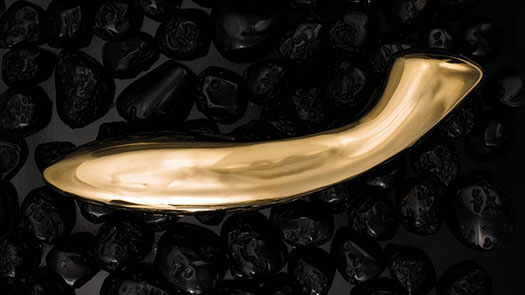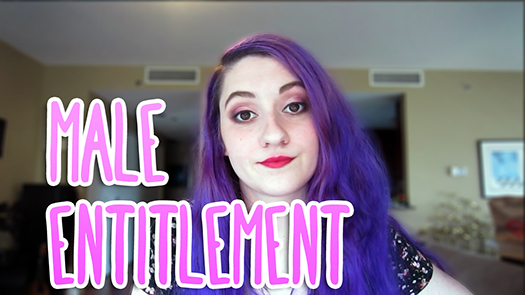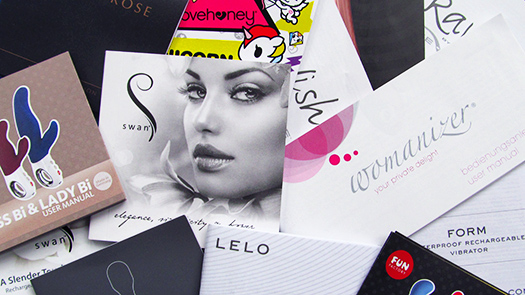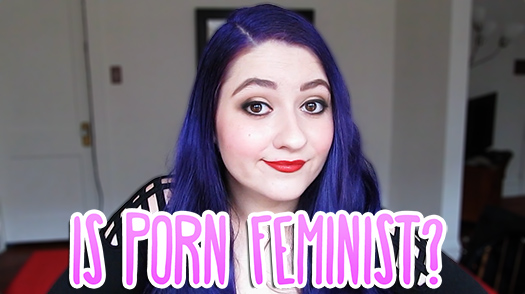Today I’m going through some of my issues with the Sex Positive movement from a feminist point-of-view.

The sex positive movement that’s emerged in the past decade or so, at first glance, promotes some pretty great ideals. Safe sex, accurate and accessible sex education. LGBT+ acceptance, etc. But past the shiny, sugary rhetoric are some aspects that I find kind of troubling, so today I’m going to talk about a couple of those.
You’ve probably heard the phrase “consent is sexy” touted all over the place from university campuses, sex educators, feminists. But there are some things about the campaign that kind of freak me out. Promoting consent is awesome and that is an A+ cause to get behind, but I think that phrase is going about it the wrong way.
“Consent is sexy” enforces the idea that sexiness is the goal and that something has to be sexy to be worthwhile sexually. Like, we don’t use condoms because they’re sexy, we use them because they protect against pregnancy and STI’s. Similarly, you don’t get consent because it’s “sexy,” you get consent out of respect for your partner’s autonomy to ensure that you don’t rape them. I also feel like it might unintentionally pressure people to agree to sexual activities that they don’t actually want, because if “consent is sexy” then not giving consent must be unsexy. There’s a tumblr post that says “consent is sexy in the same way that not shitting on people’s doorsteps is sweet and neighborly,” and I think that sums up my feelings on the phrase pretty well. Consent isn’t sexy, it’s absolutely required.
Now, let’s talk about the anti-“slut-shaming” movement. When someone says they’re against slut-shaming, what they generally mean is that they don’t think women deserve to be vilified for behaving sexually. That in itself is a totally valid cause, and it might be one thing if the word “slut” was only ever levied against adult women consensually embracing their sexuality. But the fact of the matter is, it isn’t.
The word is thrown at rape survivors, at children, at teenage girls who have never even had their first kiss but whose skirts are deemed “too short.” These aren’t “sluts” who need to not be “shamed,” these are victimized girls and women who need to be respected and not have slurs applied to them for any reason. When someone is being harassed or shamed for something and you say “don’t slut-shame them,” YOU’RE calling them a slut. And good intentions or not, I just don’t think that’s okay.
Furthermore, because the word “slut” and the phrase “slut-shaming” are used so broadly, they’re essentially meaningless. Finally Feminism 101, in their “What is ‘slut-shaming’?” FAQ says:
Any woman who has had sex can be a victim of slut-shaming. A virgin can be a victim of slut-shaming. Indeed, as long as gendered slurs like ‘slut’ continue to be weapons casually wielded against girls and women by people of all walks of life, any female who acts in a way that another person doesn’t like is at risk for being slut-shamed.
Really? If literally any girl or woman can be “slut-shamed” for pretty much any reason, then it’s not really a separate concept from garden variety misogyny, and I think shifting the focus distracts from that root cause.
We don’t have ______-shaming for any other slur. “Bitch-shaming” doesn’t exist because it’s just misogyny. There’s a reason we don’t call lesbophobia “d*ke-shaming.” A very obvious reason that I don’t see why it doesn’t apply here. If you need a more specific term for a specific context, try “victim blaming,” “hypersexualization,” “sex shaming,” or “sexualized bullying.”
So those are a few problems I have with common sex positive rhetoric. If you agree or disagree or have any thoughts or questions, leave me a comment. I’d love to hear from you.
Thanks for watching, and I’ll see you next time!




